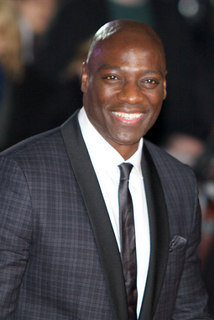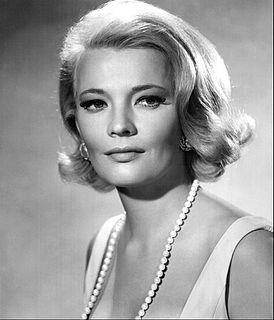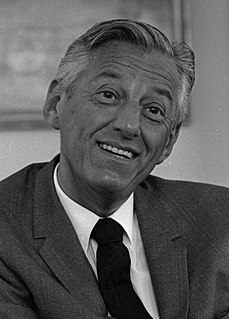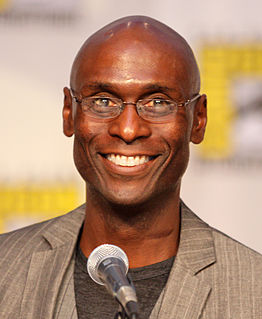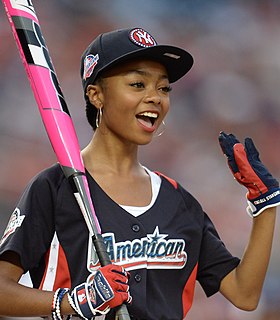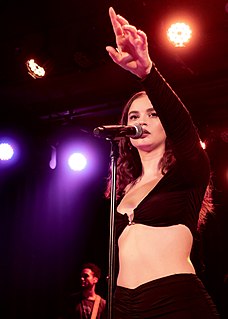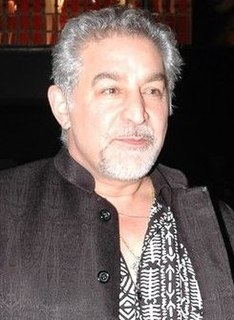A Quote by Michael Haneke
I've never let producers tell me what to do. Even when I was making television, I always did what I wanted to do, and if I couldn't, I didn't do it. It was a freedom that, these days, young directors starting out don't have.
Related Quotes
I think that what 'Oz' did is it spawned a great generation of television production. But people know its place in television and just in great dramas. It's the foundation of my career. Most producers, show runners, directors, and casting directors put me in movies based on my performance in that show.
I never got to be in the driver's seat of my own life," she'd wept to me once, in the days after she learned she was going to die. "I always did what someone else wanted me to do. I've always been someone's daughter or mother or wife. I've never just been me." "Oh, Mom," was all I could say as I stroked her hand. I was too young to say anything else."
I started making original music during my YouTube process. And as a young female, dealing with a lot of male producers who were older and had more so-called experience, they would discourage me, telling me that what I was doing - and even my vision - was never going to work. And that lasted quite a long time.
What I want to do is create great content on television and movies. It is not my role to program only for Latinos, and you can't really assume that Hispanics only want Hispanic content. But I do think that we are severely underrepresented in television and film. And instead of complaining about not seeing ourselves, we should become film producers, directors, and writers, and tell our story.

